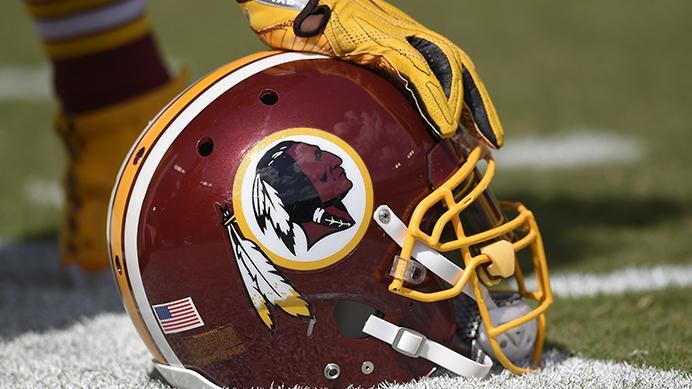By Hannah Webster
On Monday, the Supreme Court struck down a law that banned disparaging trademarks.
The New York Times reported that the Supreme Court agreed the government could not refuse any potentially offensive names because a law that denied protection to deprecating trademarks would violate the First Amendment. The court decision was decided unanimously, yet the justices were divided on the ruling’s reasoning.
The ruling came in a case that involved an Asian-American band named The Slants. The band recently lost its trademark protection after a board said the name belittled Asians and Asian Americans. However, the band said it did not use the offensive term for its name to criticize but rather to reappropriate the term.
This issue is also very familiar with the NFL’s Washington Redskins. The term “redskin” is seen to be very offensive to Native Americans, and there are many people who are not enthused about the team’s nickname. For years, Native Americans have protested the football team’s name, trying to get the league, or the team, to change it.
I do not support Washington’s nickname because it indeed does insult Native Americans. Why is the NFL making people feel this way? While the league does have the trademark rights to keep the nickname, it is immoral to do so because of its derogatory nature toward Native Americans.
Last year, the Washington Post conducted a survey of 504 Native Americans across the country that revealed that 9 out of 10 are not offended by the nickname. However, this doesn’t change the question: Is the name still necessary? The name of the Washington football team should be changed into something different and more positive to resolve the controversy.
I am left feeling torn, however, in regard to the Supreme Court ruling allowing disparaging trademarks. I firmly believe in the First Amendment right of freedom of speech, etc., but I also agree with the Native Americans’ protest against the Redskin name.
Banning offensive trademarks can be very vague and difficult considering the specific effects on people. In 2017, it is so easy for someone to feel insulted and to take offense to something, whether big or small. Therefore, it would be difficult to ban any trademark that offends people.
I don’t know whether this ruling is wrong or right, but I do think that people usually have the common sense to know the differences between something offensive or not, and we need to use that knowledge to distinguish language. It’s important to be careful of the things you say.
The First Amendment is so significant; it is important to follow but so is being able to sometimes question it and fight it if you believe you have a solid case.
It is important for people to be mindful of not only disparaging trademarks but of their words and actions. As cliché as it sounds, being kind goes a long way. As hard as it can seem to please everyone nowadays, the main thing to remember is to just be nice, and do your best to chill out and hold back from saying anything your grandma wouldn’t want to hear.



